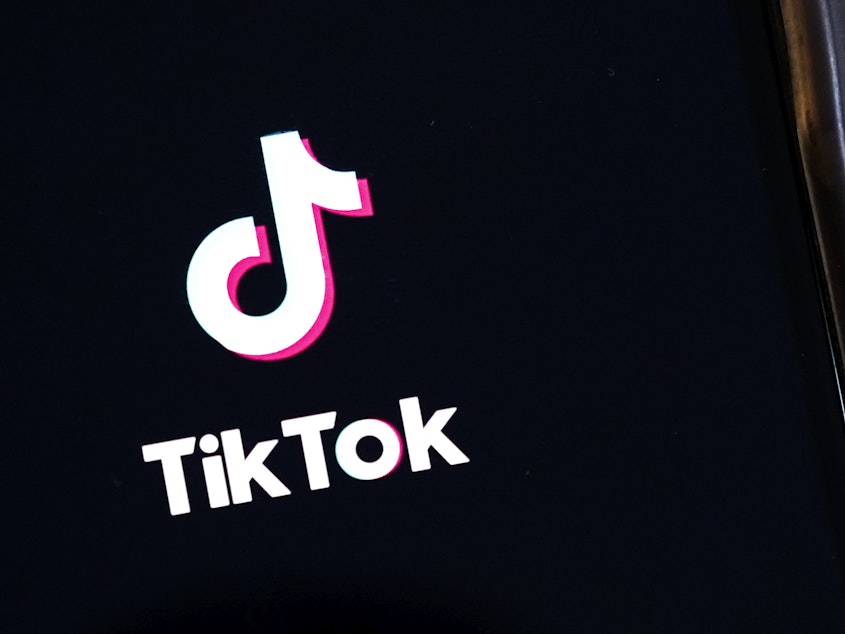Federal judge blocks Montana's TikTok ban before it takes effect

A federal judge has blocked a law in Montana that sought to ban TikTok across the state, delivering a blow to an unprecedented attempt to completely restrict a single app within a state's borders.
The ruling, which came on Thursday, means that Montana's TikTok ban, which was set to go into effect on Jan. 1, has now been halted.
TikTok, which has more than 150 million American users, has for years been under intense scrutiny over fears that its Beijing-based parent company, ByteDance, would hand over sensitive user data to Chinese authorities, or that Beijing would use the app as a propaganda tool — even though there is no public proof that either has ever happened.
Although several states and the federal government have prohibited the app from being downloaded on government devices, Montana was the first state to pass an outright ban of the app. Some critics have accused it of government overreach.
In May, TikTok sued the state over the law, arguing that it amounts to an illegal suppression of free speech. Lawyers for TikTok argued that the national security threat raised by officials in Montana was never supported by solid evidence.
Sponsored
U.S. District Judge Donald Molloy, the judge overseeing the case, was skeptical of the ban in an October hearing on the lawsuit. He pointed out that TikTok users voluntarily provide their personal data, despite state officials suggesting the app was stealing the data of users. He said state officials justified the Montana ban under a "paternalistic argument."
As Washington continues to debate TikTok's future, states have been acting faster, and the law in Montana was considered an important test case of whether a state-level ban of the app would survive court challenges.
Backing the Montana law were 18 mostly Republican-led states that were eyeing similar bans of TikTok. Aside from the legal hurdles to implementing such laws, cybersecurity experts have raised questions about how, from a technical standpoint, such a ban would even be possible.
President Trump clamped down on TikTok and attempted to outlaw the app, but his efforts were twice struck down in the courts.
National security experts say TikTok is caught in the middle of escalating geopolitical tensions between the U.S. and China, as Washington grows ever more concerned about the advancement of Chinese tech, like semiconductors, and the country's investments in artificial intelligence.
Sponsored
Supporters of restricting or banning TikTok in the U.S. point to Chinese national security laws that compel private companies to turn information over to Beijing authorities.
They also point to ByteDance, TikTok's corporate owner. It admitted in December that it had fired four employees, two of whom worked in China, who had improperly accessed data on two journalists in an attempt to identify a company employee who leaked a damaging internal report.
TikTok says China-based employees no longer have access to U.S. user data under a new firewall it has put in place with the help of Texas-based software giant Oracle. The planned, dubbed Project Texas, stores all Americans' data on served owned and maintained by Oracle, with additional oversight from independent auditors.
Still, China hawks say anything short of ByteDance selling TikTok to an American company will not assuage national security concerns.
Recently, national security officials in Washington resumed trying to reach a deal with TikTok to keep the app operational in the U.S. [Copyright 2023 NPR]

